At Daniel Brown, MD Cosmetic Plastic Surgery, we know that what to eat after fat transfer to breast is a common concern for patients who want to maintain and protect their newly enhanced shape. Fat transfer procedures have surged in popularity because they offer a natural alternative to synthetic implants, using your own fat to add volume to areas like the breasts, buttocks, or even the face and hands. Once you’ve undergone a fat transfer, proper nutrition can make a significant difference in your comfort, healing, and final outcome.
Understanding Fat Transfer
A fat transfer involves two key steps:
- Harvesting Fat: Excess fat is removed from one part of the body—such as the abdomen or thighs—via liposuction.
- Reinjection: This purified fat is carefully injected into the area that needs augmentation, for example, the breasts.
While this technique can deliver a softer, more organic enhancement than implants, it typically increases your bust by about one to two cup sizes. After your procedure, you’ll receive detailed post-operative instructions, including avoiding direct pressure on the treated area for several weeks and wearing compression garments if necessary. But an equally important factor to consider is what to eat after fat transfer to breast.
Optimal Foods for Post-Op Healing
In order to promote healing and maintain results? Prioritizing a diet that supports tissue regeneration and stabilizes energy levels is crucial:
- Lean Proteins
- Chicken, turkey, fish, beans, and lentils help the body rebuild damaged tissues.
- Adequate protein intake can expedite your recovery by supplying essential amino acids.
- Nutrient-Dense Carbohydrates
- Whole grains (brown rice, quinoa) and vegetables (broccoli, spinach) provide steady energy without spiking your blood sugar.
- Complex carbs support balanced metabolism, allowing your body to focus on healing.
- Healthy Fats
- Avocados, olive oil, nuts, and seeds help maintain the transferred fat cells and support cellular repair.
- These sources also offer anti-inflammatory benefits, which can reduce swelling.
- Anti-Inflammatory Foods
- Berries, turmeric, ginger, and green tea contain compounds that curb inflammation.
- By reducing inflammation, you encourage a smoother healing process and possibly lessen discomfort.
Foods and Habits to Avoid
- Processed Foods and Sugars
High-sugar, highly processed meals can slow recovery by promoting inflammation and compromising your immune system. - Excessive Alcohol and Caffeine
These substances can dehydrate the body, making it harder to heal and retain your new silhouette. - Fasting or Large Meals
Instead of skipping meals or overeating, focus on balanced, smaller meals throughout the day to maintain consistent energy levels.
Your Consultation with Dr. Brown
Before deciding on a fat transfer to the breast—or any other procedure—you’re encouraged to schedule a private consultation with Dr. Daniel Brown in La Jolla or Carmel Valley. During this one-on-one meeting, Dr. Brown will:
- Discuss your cosmetic ambitions, whether it’s a subtle lift or a more defined contour.
- Examine your skin quality, perform measurements, and review your medical history.
- Explore alternatives if a different procedure might better suit your needs.
Though Dr. Brown often recommends a fat transfer for women seeking a gentle size enhancement, he may also suggest other solutions if your goals align better with a breast reduction, implant augmentation, or a combination of techniques. Whichever path you choose, you’ll receive individualized care from a knowledgeable surgeon committed to your well-being.
Ultimately, what to eat after fat transfer to breast boils down to maintaining a nutrient-rich, balanced diet that encourages tissue healing and supports your new silhouette. By focusing on lean proteins, healthy fats, and anti-inflammatory ingredients—and steering clear of empty calories and excessive stimulants—you set the stage for a successful and comfortable recovery. If you’d like to learn more about fat transfer or any other cosmetic procedure, call Daniel Brown, MD Cosmetic Plastic Surgery at 619-461-1500 to book your consultation today.
We’re here to help you achieve beautiful, enduring results with safe and personalized care.
